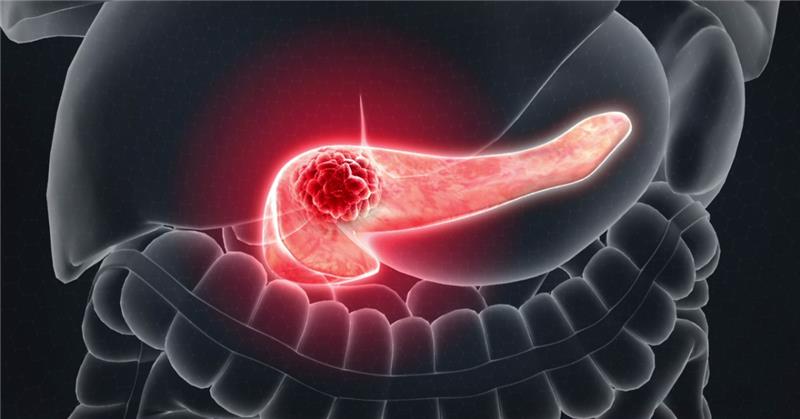
Is Pancreatic Cancer Curable?
Pancreatic cancer is one of the most aggressive and challenging cancers to diagnose and treat. Despite its daunting reputation, advancements in medical science, particularly in minimally invasive surgery and targeted therapies, have improved outcomes for many patients. The question of whether pancreatic cancer is curable often depends on several factors, including the stage of the disease, the patient’s health, and the treatment strategies employed. While a complete cure may not always be possible, timely detection and comprehensive care can offer hope, prolonged survival, and an improved quality of life. The pancreas plays an essential role in the body, aiding in digestion and regulating blood sugar levels. Pancreatic cancer develops when abnormal cells grow uncontrollably within the pancreas, often forming tumors. Symptoms: Early symptoms are often vague, including fatigue, weight loss, abdominal pain, and jaundice. Unfortunately, these signs frequently appear after the disease has progressed. Neuroendocrine Tumors: A rarer type, often slower-growing and with better treatment outcomes. Understanding these distinctions helps understanding the necessary treatment and managing patient expectations. Early Detection Pancreatic cancer is more treatable when diagnosed early, before it spreads to surrounding tissues or distant organs. Unfortunately, only 10-20% of cases are caught at this stage. Stage of the Disease Treatment Approach Patient Health Factors like age, overall fitness, and pre-existing conditions influence how well a patient responds to treatment. A healthy lifestyle and proactive care enhance treatment success. Over the years, breakthroughs in technology and research have transformed pancreatic cancer treatment, offering renewed hope to patients. Minimally Invasive Surgery Targeted Therapies Immunotherapy Neoadjuvant Treatments Early detection remains one of the most critical factors in improving curability. New diagnostic technologies are making strides in identifying pancreatic cancer before symptoms appear. Detecting pancreatic cancer in its early stages significantly enhances the chances of curative treatment. Living with Pancreatic Cancer While curing pancreatic cancer may not always be possible, many patients lead fulfilling lives through effective management and care. Overcoming Myths About Pancreatic Cancer “Pancreatic Cancer Is Always a Death Sentence” With advancements in early detection and treatment, survival rates are improving. Each patient’s journey is unique, and outcomes depend on various factors. “Surgery Isn’t an Option” Minimally invasive surgical techniques make tumor removal possible for more patients, even those who were previously deemed inoperable. “Chemotherapy Doesn’t Work” Modern chemotherapy regimens and combination therapies have proven highly effective in controlling tumor growth and improving survival rates. Hope Through Innovation and Expert Care Pancreatic cancer, while challenging, is not without hope. Advances in minimally invasive surgery, targeted therapies, and early detection are transforming the landscape of treatment, offering patients better outcomes and improved quality of life. Early intervention and a multidisciplinary approach are key to navigating this complex disease. Dr. Santhosh Anand, a leading surgical gastroenterologist in Chennai, specializes in minimally invasive procedures for pancreatic and gastrointestinal cancers. With his expertise and patient-focused care, Dr. Anand helps patients explore cutting-edge treatments and manage their condition effectively, empowering them to face the future with confidence.Understanding Pancreatic Cancer
Types of Pancreatic Cancer:
Adenocarcinoma: The most common and aggressive form, originating in the pancreas's exocrine glands.Factors Influencing Curability
Advancements in Pancreatic Cancer Treatment
The Role of Early Detection

